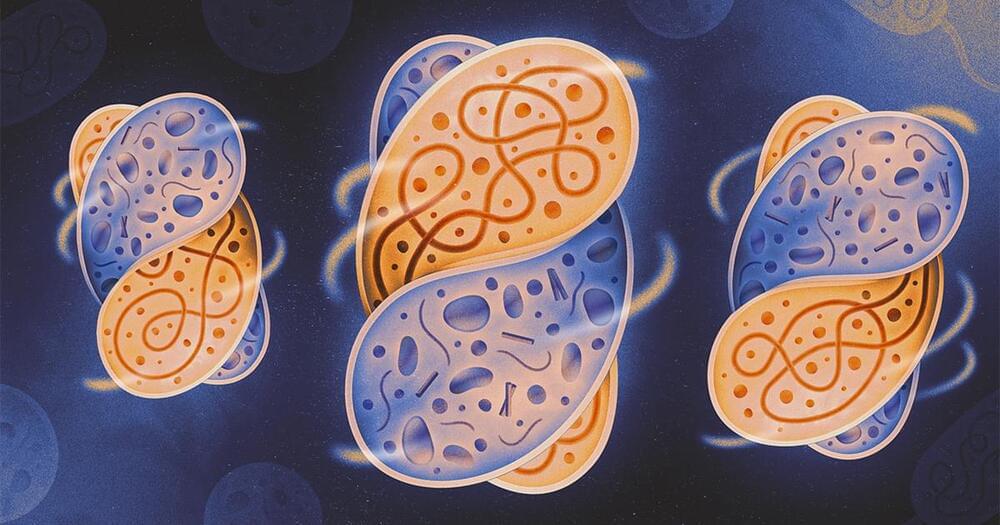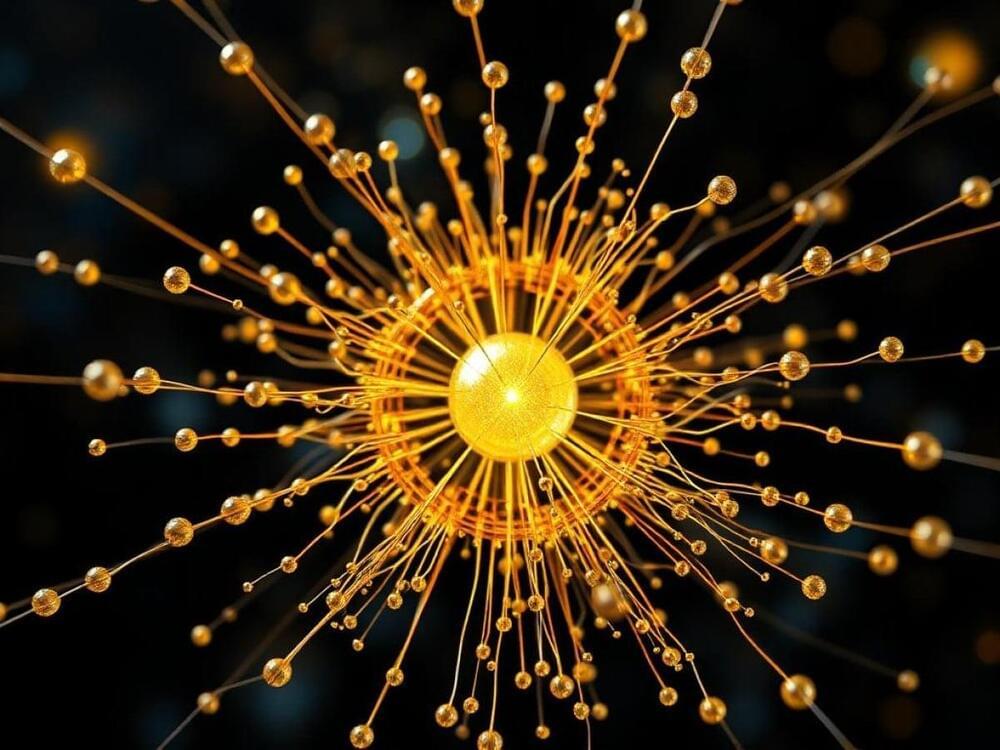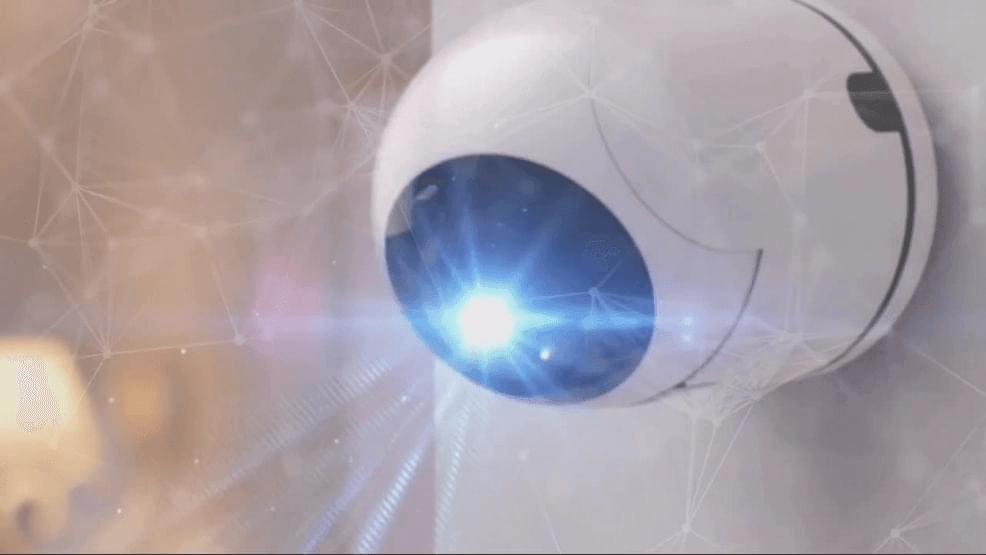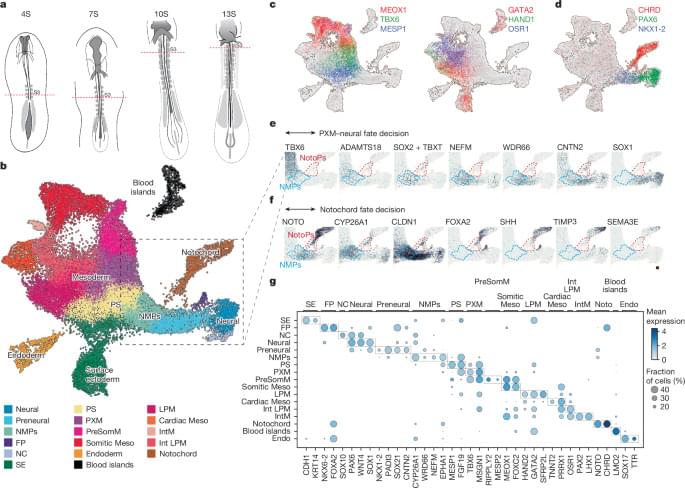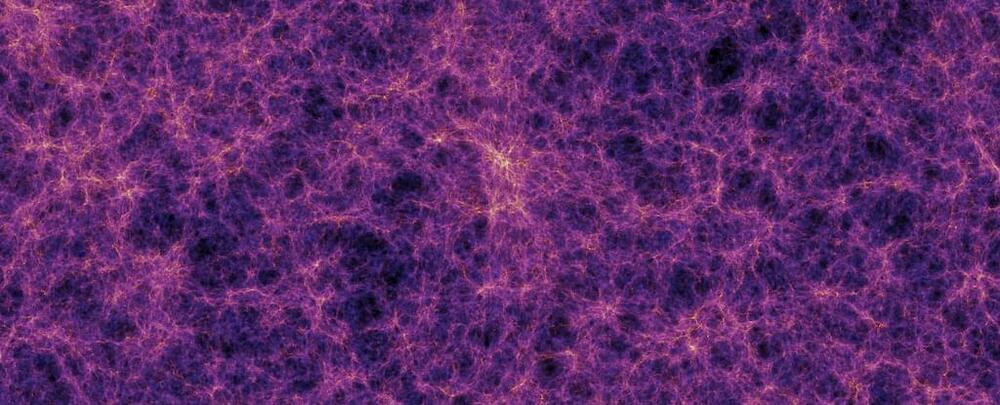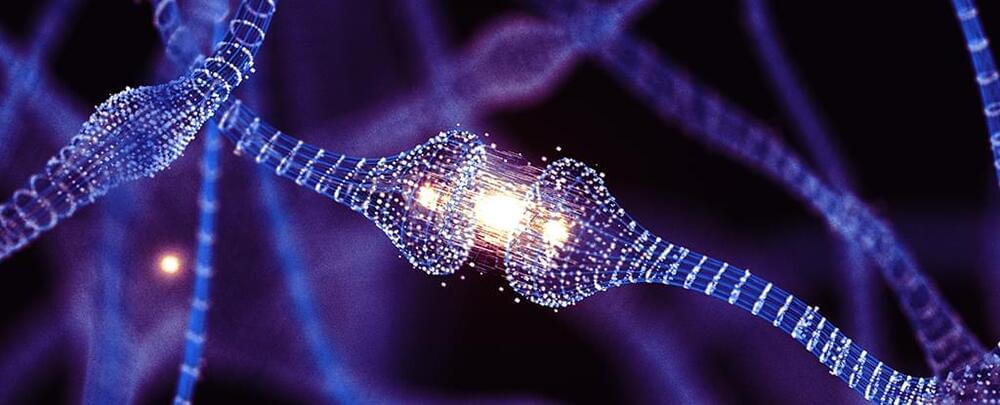Jan 4, 2025
Scientists Re-Create the Microbial Dance That Sparked Complex Life
Posted by Cecile G. Tamura in categories: biological, transportation
A balance of infection and harmony called endosymbiosis helps shape evolution. For the first time, biologists have reproduced this arrangement between microbes in a lab.
So much of life relies on endosymbiotic relationships, but scientists have struggled to understand how they happen. How does an internalized cell evade digestion? How does it learn to reproduce inside its host? What makes a random merger of two independent organisms into a stable, lasting partnership?
Now, for the first time, researchers have watched the opening choreography of this microscopic dance by inducing endosymbiosis in the lab(opens a new tab). After injecting bacteria into a fungus — a process that required creative problem-solving (and a bicycle pump) — the researchers managed to spark cooperation without killing the bacteria or the host. Their observations offer a glimpse into the conditions that make it possible for the same thing to happen in the microbial wild.
Continue reading “Scientists Re-Create the Microbial Dance That Sparked Complex Life” »
